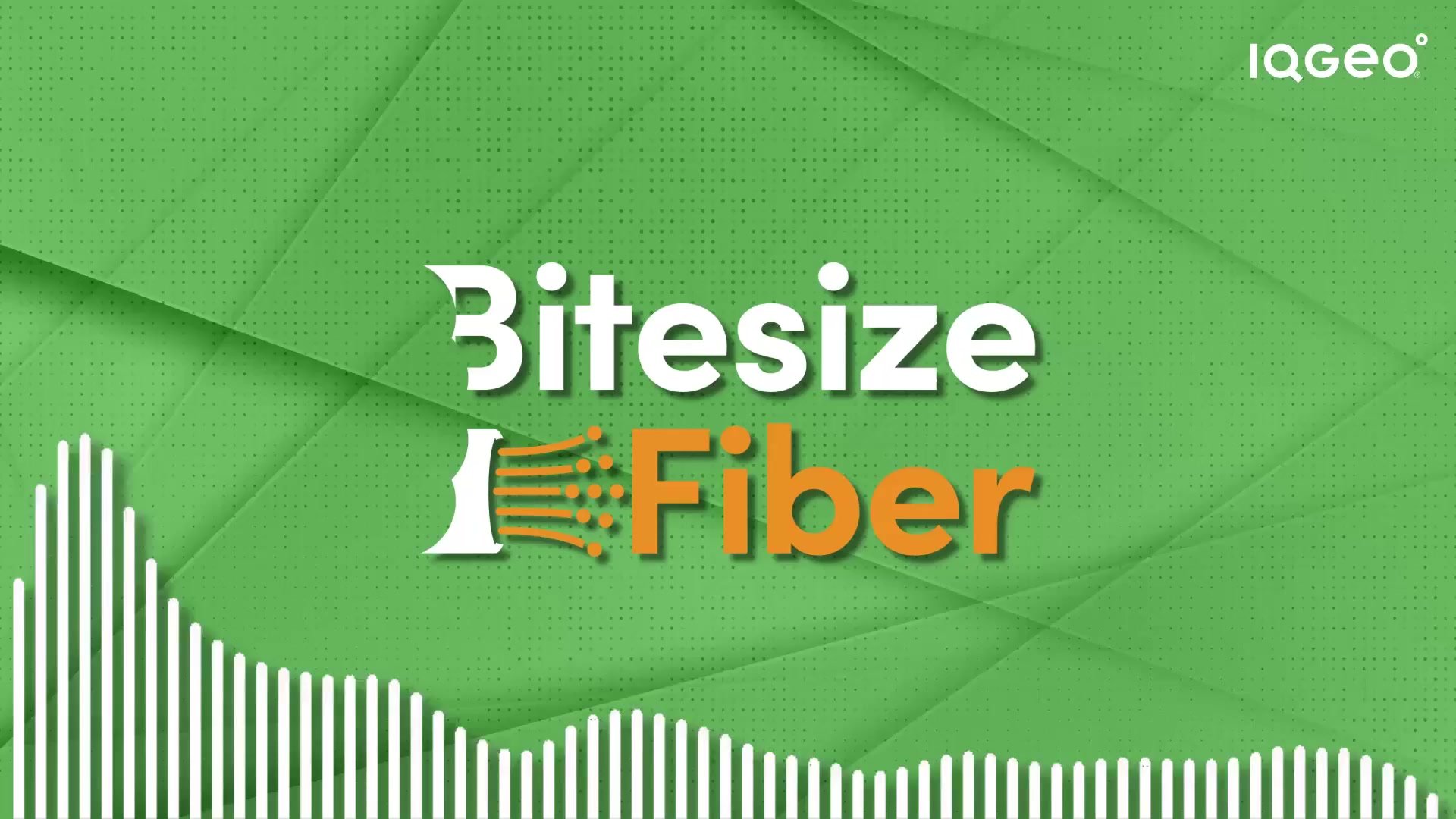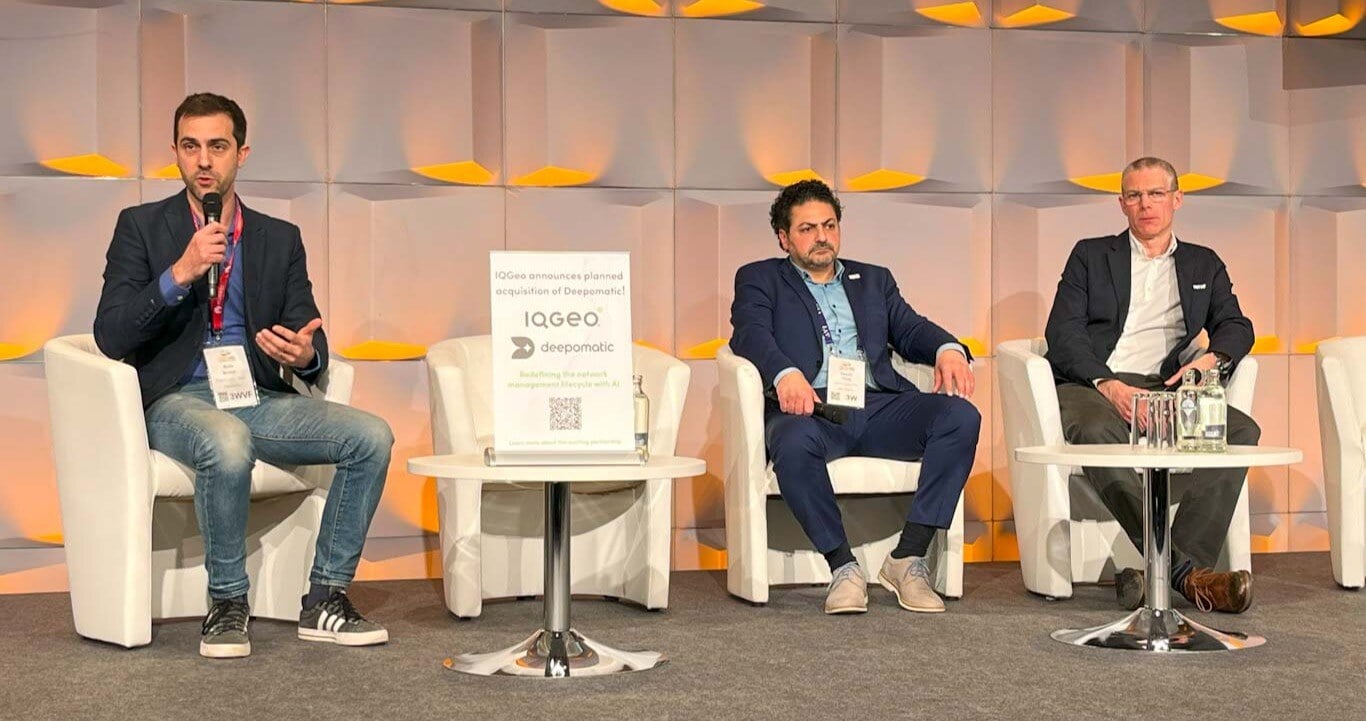The FTTH Council Europe’s premier fiber industry event returned to Amsterdam last week with a record-breaking turnout of 3,500 delegates.
With fiber coverage expanding rapidly across Europe, this year’s conversation shifted from building networks to making them profitable.
Across keynotes, panels and workshops, fiber professionals explored key challenges facing the industry, from accelerating adoption and attracting investment to closing the coverage gap. IQGeo was proud to play a central role in these discussions. In addition to winning an Innovation Award for our Network Revenue Optimizer software and announcing our planned acquisition of Deepomatic, we co-hosted a workshop with Deepomatic and VIAVI Solutions focused on creating a right-first-time fiber connection strategy.
Here’s an overview of the themes that shaped this year’s FTTH Conference:
Bridging the gap between fiber build and revenue
According to the latest data from the FTTH Council Europe, 75% of homes on the continent are now passed by full fiber networks. However, only 53% of those households have subscribed to a fiber service, and just 39% of total internet subscriptions in Europe currently run over fiber infrastructure.
Closing the so-called adoption gap presents a considerable revenue opportunity for network operators. Putting fiber in the ground was expensive, and now that the build stage is approaching completion in some countries, operators need to accelerate network adoption if they are to generate return on investment.
IQGeo’s Network Revenue Optimizer software won this year’s FTTH Innovation Award for helping operators to build a revenue layer on top of the asset network digital twin. By rapidly assessing capacity for specific route scenarios, Network Revenue Optimizer accelerates service activation so operators can maximize network revenue and drive scalable growth.
In his brief acceptance speech, Steve Tongish, CMO at IQGeo, said: “It's about solving real-world problems. The industry put a huge investment into fiber and, over the years, we have been talking about how it’s slowly pivoting from planning and design to operations. Our software is helping those companies to rapidly evaluate network connection options to ensure the greatest possible revenue potential.”
Attracting capital in a cautious market
Maximizing spend efficiency is also helping operators in a market where attracting investment is becoming increasingly difficult. As research from the FTTH Council Europe shows, achieving 100% coverage across Europe will require over €130 billion in investment — the same amount of money that has already been invested in fiber to date. At the same time, today’s economic climate is causing investors to be more selective. Cristina Gonzales at KKR explained in her keynote: “There is no question that the long game was going to be fiber… but that is not enough from an investment perspective.”

Overcoming the last mile
While accelerating network adoption took center stage at the conference, the FTTH Council Europe also warned against complacency when it comes to passing the final 25% of homes and businesses that fiber networks do not currently serve. The Council’s most recent data shows that European fiber coverage is starting to plateau, projected to only reach 84% by 2030.
The decommissioning of copper networks will be pivotal in achieving complete fiber coverage, as its ongoing availability discourages consumers from switching and delays operators from fully committing to fiber. The Council emphasized that copper switch-off is not just a technical shift, but a public policy issue that could move the needle on adoption and help Europe break through the coverage plateau. Meanwhile, software like IQGeo’s Network Revenue Optimizer are helping operators to expand fiber coverage by identifying the highest-value areas for expansion based on revenue potential.
Driving efficiency in rural deployments
As regulatory pressure mounts to accelerate fiber coverage, the focus turns to rural communities. Though fiber-to-the-home coverage in rural areas across the EU27+UK has grown YoY, it is still only at 64%, data from the FTTH Council Europe shows. This falls short of the EU’s Digital Decade target for universal gigabit coverage by 2030, underscoring the need for continued investment to close the digital divide.
For deployments where the economics are simply tougher, it is critical that operators minimize the number of revisits required. Missed appointments, failed installations and repeated truck rolls are costly and slow down deployment and connection timelines. Network operators must empower teams on the ground with the tooling and information they need to do the job as quickly and efficiently as possible.
 Vincent Garnier, Director General of the FTTH Council Europe, during his keynote presentation
Vincent Garnier, Director General of the FTTH Council Europe, during his keynote presentationScaling smarter with AI
This year’s FTTH Conference coincided with IQGeo’s planned acquisition of Deepomatic, which is helping network operators to increase operational efficiency by ensuring fieldwork is executed ‘right first time.’ With AI-powered computer vision technology, operators can automatically verify the quality of installation work in real time, ensuring workmanship errors, infrastructure issues and safety concerns are caught and resolved immediately.
From a monetization perspective, AI-powered automation also shortens time to revenue. As the CPO of Deepomatic, Aloïs Brunel, explained in IQGeo’s workshop co-hosted with VIAVI Solutions on ‘Creating a right-first-time fiber connection strategy:’ “The quality of fieldwork is one of the main problems when it comes to the commercialization of your fiber network. When you cannot connect a customer right the first time, you will have to come back a second time, a third time… which is costly. If a customer cannot be connected for three months, that’s three months’ lost revenue.”
Achieving a longer-term vision
In an interview with the FTTH Council Europe about IQGeo’s planned acquisition of Deepomatic, Raf Meersman (SVP EMEA at IQGeo) and Augustin Marty (CEO at Deepomatic) discussed how the most compelling AI solutions right now are the ones already proving their worth in the field. “When we talk to our customers, AI is always a hot topic. In every meeting, customers ask us what we are doing with AI and what our vision is. But to be honest, we were always a bit afraid of the hype. We wanted to understand: where’s the value? Deepomatic is the number one AI technology that is delivering value today,” said IQGeo’s Meersman.
Looking ahead, the next wave of value will come from proactive network intelligence. As network models mature, AI will close the loop between analysis and action. Operationally, it will detect issues and automatically assign the right tasks at the right time to the right field crews with the right tools and training. On the commercial side, AI-driven monetization intelligence will act as an always-on digital twin, continuously evaluating revenue opportunities, prioritizing high-value prospects and ensuring every network growth decision is driven by actionable insight.
The transition toward self-aware, self-optimizing networks will transform the future of predictive maintenance and cost-optimization – realizing IQGeo’s vision of 'Building Better Networks'.
To learn more about how IQGeo is redefining network lifecycle management, join us at our annual EMEA Meetup in London on 20th May 2025.

Communications Director at IQGeo
Similar articles:



 Previous
Previous







